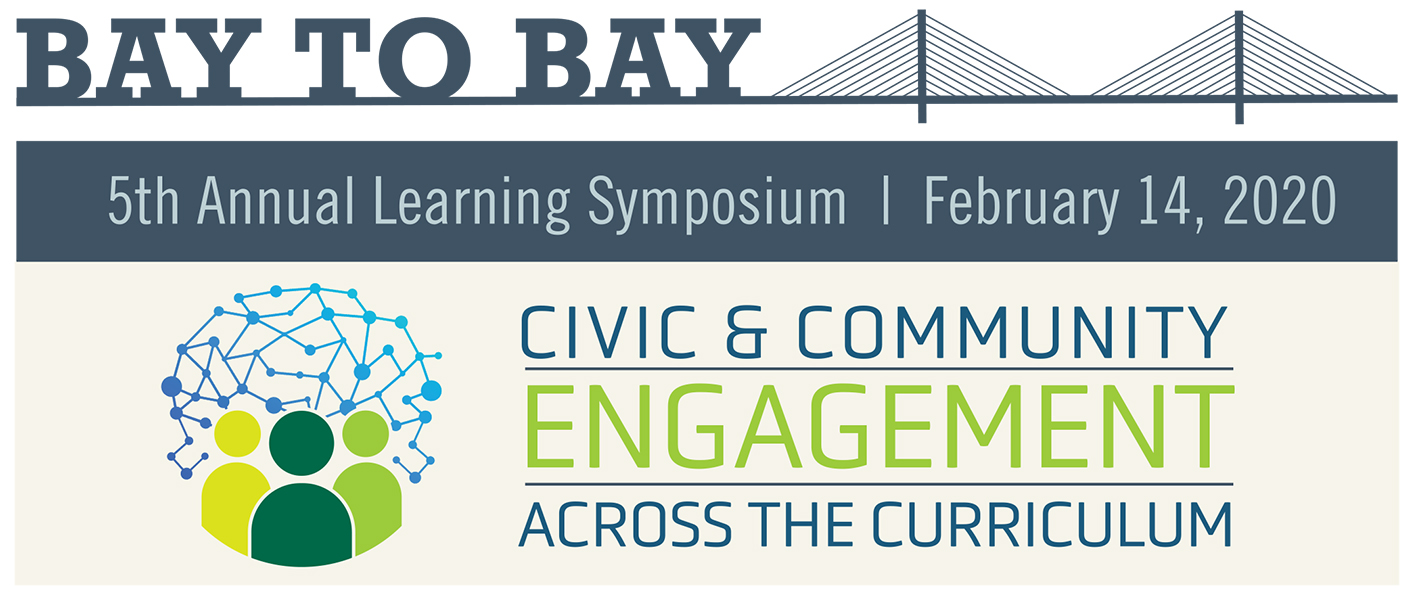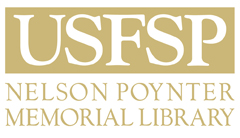Promoting Cultural Competence in Times of Crisis
Location
USC Ballrooms
Start Date
14-2-2020 3:00 PM
End Date
14-2-2020 4:00 PM
Abstract
In recent years, the Arab region has undergone a series of tumultuous civil wars that left the world with a variable number of Syrian refugees. In what the UN Refugee Agency calls "Syria Emergency." The United Nations reports over 13.1 million people in need in Syria, 6.6 million internally displaced persons, and 2.98 million people in hard-to-reach and besieged areas. The Obama administration responded to the unprecedented global humanitarian burden by admitting around 86.000 Syrian refugees with an intent to reach 110.000 in 2017. 95% of Syrian refugees were Muslims, according to the Migration Policy Institute. Such a wave of newcomers has left the educational sector incomplete paralysis in terms of preparing its teaching force to handle the diversity of the population. The National Association of School Psychologists has called for immediate attention to support children and youth through promoting compassion and acceptance in times of crisis and eradicating any stereotypical views towards the refugees' cultural background. My research findings highlight the issues of schools in the US. Face with diversity, and cultural competence as a core obstacle and how prepared the teaching force is to handle the overflow of new students with diverse cultural backgrounds — the impact of Foreign Language Learning and Teaching in promoting cultural awareness. Theoretical analysis is not enough to make educators and school officials receive a diverse student body. In higher education, Students across disciplines could use immersive experiences and fieldwork in culturally diverse communities to promote a better understanding of cultural competence and intellectual humility and to engage in rigorous experiential learning as proactive global citizens. Civic Engagement in times of crisis promotes tolerance and compassion to address the refugee students' education in the US.
Promoting Cultural Competence in Times of Crisis
USC Ballrooms
In recent years, the Arab region has undergone a series of tumultuous civil wars that left the world with a variable number of Syrian refugees. In what the UN Refugee Agency calls "Syria Emergency." The United Nations reports over 13.1 million people in need in Syria, 6.6 million internally displaced persons, and 2.98 million people in hard-to-reach and besieged areas. The Obama administration responded to the unprecedented global humanitarian burden by admitting around 86.000 Syrian refugees with an intent to reach 110.000 in 2017. 95% of Syrian refugees were Muslims, according to the Migration Policy Institute. Such a wave of newcomers has left the educational sector incomplete paralysis in terms of preparing its teaching force to handle the diversity of the population. The National Association of School Psychologists has called for immediate attention to support children and youth through promoting compassion and acceptance in times of crisis and eradicating any stereotypical views towards the refugees' cultural background. My research findings highlight the issues of schools in the US. Face with diversity, and cultural competence as a core obstacle and how prepared the teaching force is to handle the overflow of new students with diverse cultural backgrounds — the impact of Foreign Language Learning and Teaching in promoting cultural awareness. Theoretical analysis is not enough to make educators and school officials receive a diverse student body. In higher education, Students across disciplines could use immersive experiences and fieldwork in culturally diverse communities to promote a better understanding of cultural competence and intellectual humility and to engage in rigorous experiential learning as proactive global citizens. Civic Engagement in times of crisis promotes tolerance and compassion to address the refugee students' education in the US.





